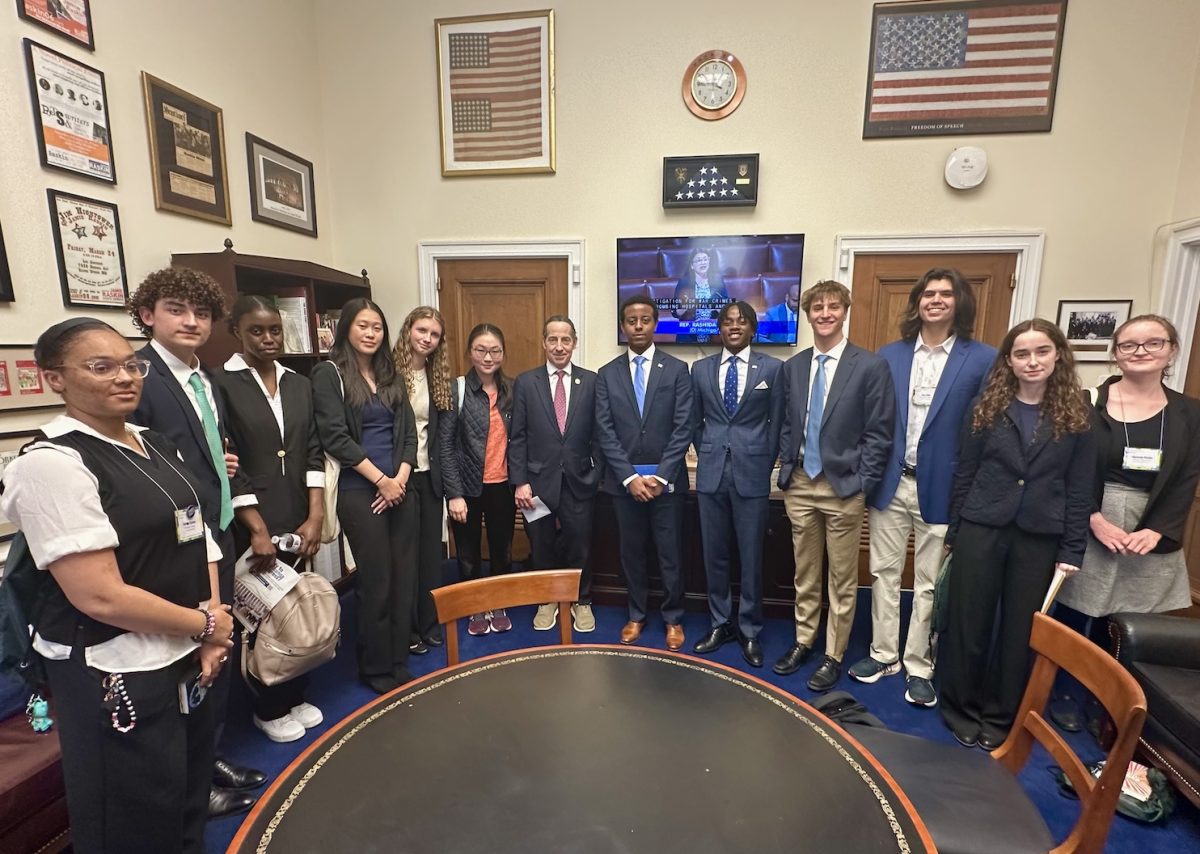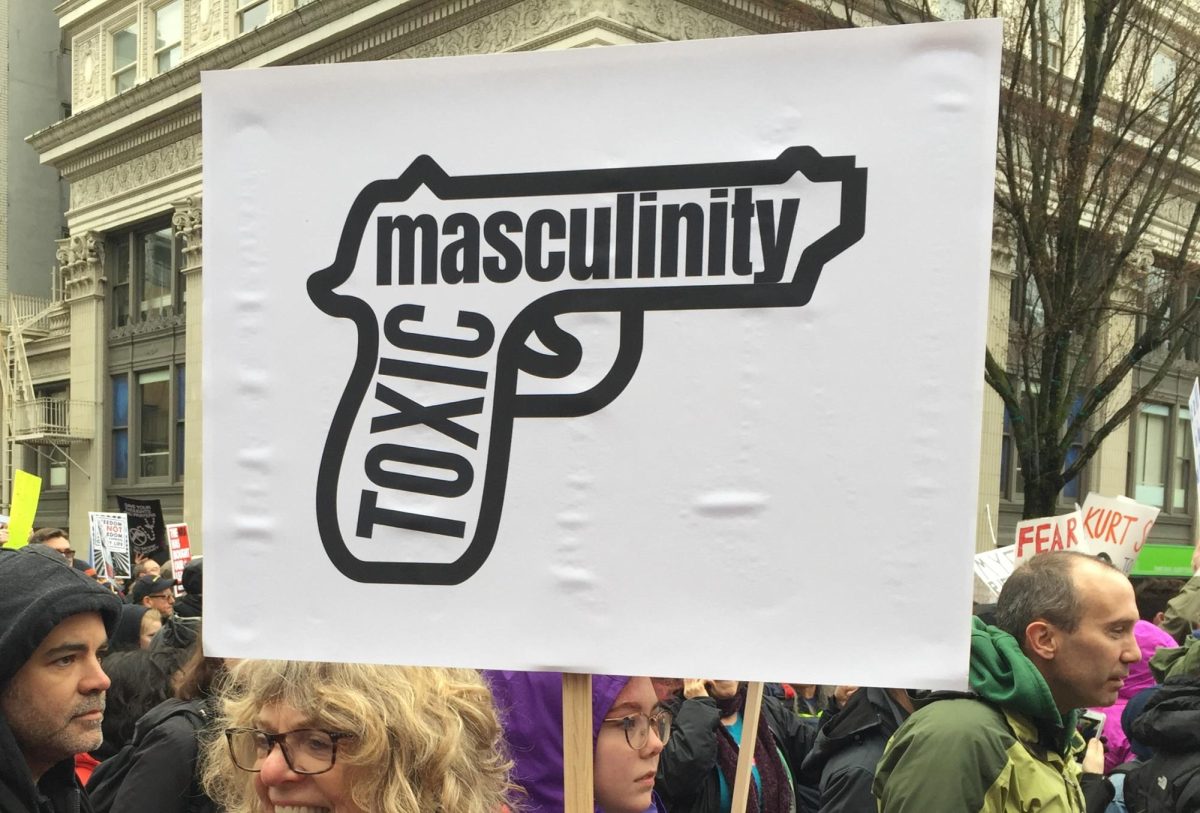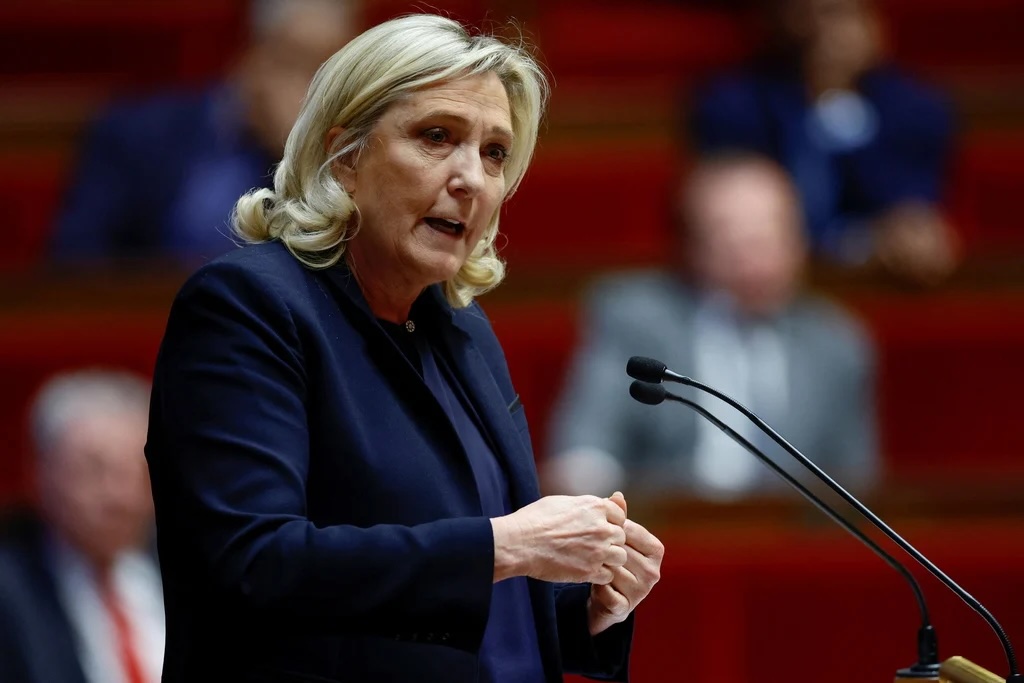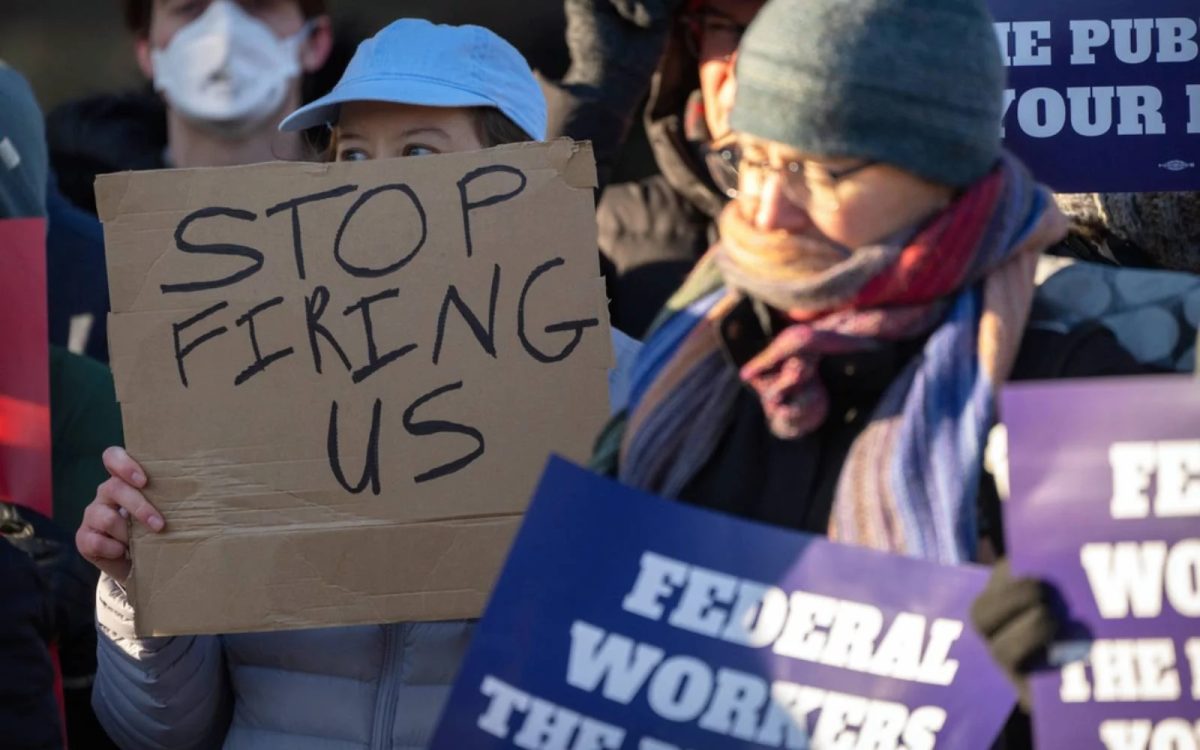Elon Musk, owner of SpaceX, Tesla and X, formerly known as Twitter, spent over $270 million supporting President Donald Trump’s reelection campaign. After his inauguration, Trump announced that Musk would serve as a key Sen ior Advisor, overseeing the efforts to eliminate certain governmental agencies. Musk would also be the lead advisor in the newly-created Department of Government Efficiency (DOGE).
On Jan. 28, federal workers received an email with an offer to either resign by Feb. 6 (and be paid through September 2025) or risk being fired. According to NBC, the subject line, “Fork in the Road,” mirrored the language Musk used when he slashed X’s workforce in 2022. Approximately 75,000 workers chose to take DOGE’s payout, although some have reported being dismissed even after agreeing to the offer.
The Office of Personnel Management (OPM) also instructed government agencies to create a list of workers who could be let go. Two days later, OPM froze federal hiring of employees and put all Diversity, Equity, and Inclusion related workers on leave.
The DOGE has hit the United States Agency for International Development especially hard. Vox reports that 83% of the agency’s foreign aid programs have been eliminated, and over 2,000 aid workers have been laid off.
One government worker told ABC News that, while on maternity leave, she was fired from the Department of Agriculture less than a week before her baby was born. She now has health insurance only until the end of the month, putting both her child and herself at risk.
Additionally, tens of thousands of probationary employees — personnel who have yet to gain employment protection because they have been employed for less than a year — have been fired. According to AP News, this mass layoff has left government agencies without the manpower to run departments and complete urgent projects. AP News reports that layoffs in the Department of Veterans Affairs have halted research on cancer treatment, opioid addiction, prosthetics and burn pit exposure.
Mass firings also occurred in the Department of Agriculture and the Department of Health and Human Services, agencies that focus on addressing the rapidly-spreading bird flu.
Junior Lexi Orr disapproves of the recent layoffs. “The mass firing of federal workers is unjust given the reasonings for the layoffs are not backed by legitimate evidence,” she said. “Elon Musk, DOGE and our government are just abusing their power to push their agenda at the expense of innocent federal workers.”
Some workers have been re-hired in their respective agencies, such as personnel focused on domestic health causes. Still, no statements have been made about potential mass reinstatements of workers.
Workers from the National Nuclear Security Administration, an agency that oversees the U.S. nuclear weapons stockpile, have been rehired after DOGE officials deemed them essential to national safety. NPR interviewed multiple federal employees who had been fired and rehired soon after. The employees were primarily concerned about the fragility of their jobs and the emotional turbulence of the process. . “That mental game was horrible,” one worker said. Another commented, “I think they were, like, ‘Oopsie, let’s just say you didn’t work Friday.’”
The firings and subsequent rehirings sparked a California federal judge to reinstate thousands of probationary employees across six departments on March 13: the Departments of Veterans Affairs, Defense, Energy, the Interior, Agriculture and Treasury. Another federal judge in Maryland ordered workers from 18 agencies to be reinstated just a day later, including the Departments of Health and Human Services, Education, Transportation, and Homeland Security as well as the Environmental Protection Agency and the General Services Administration.
The White House responded definitively, stating that the judiciary simply did not have the power to override the hiring and firing power of the executive branch. Leavitt said that the administration would respond aggressively, calling the injunction “entirely unconstitutional.”









































